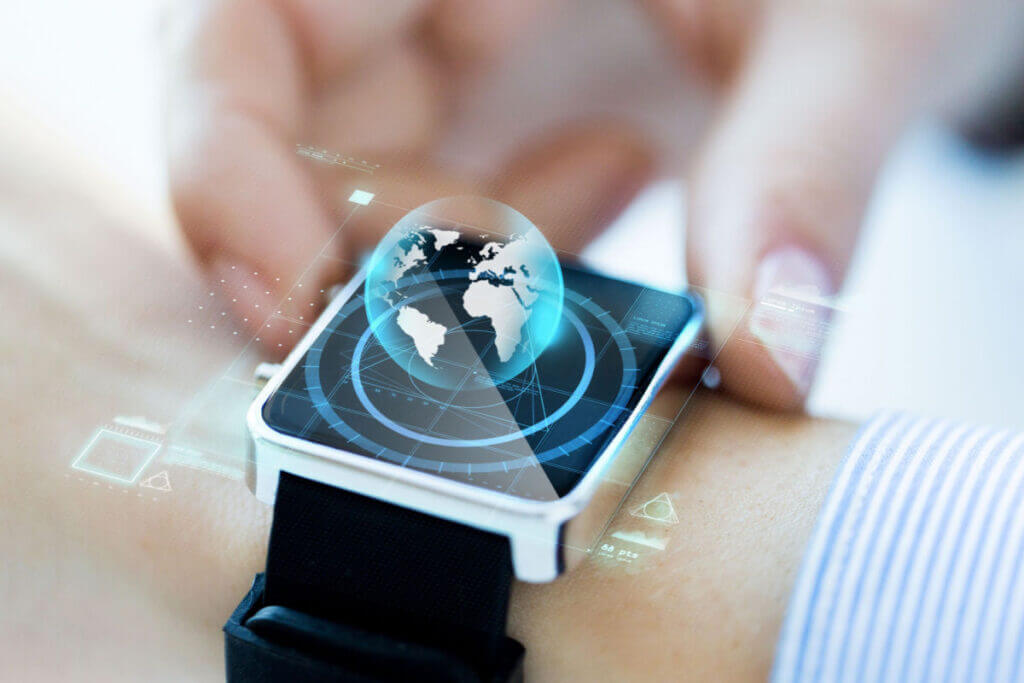Wearable technology is undergoing a remarkable transformation, evolving from simple fitness trackers to sophisticated, stylish, and intelligent devices that seamlessly integrate into our daily lives. In 2025, this evolution is marked by advancements in artificial intelligence, miniaturized sensors, enhanced connectivity, and a growing emphasis on both health and aesthetics.
One of the most significant trends is the integration of AI. Generative AI is revitalizing wearables by enabling advanced features such as personalized health recommendations, conversational virtual assistants, and comprehensive health scoring. These AI-powered devices are shifting from mere data trackers to holistic health and wellness coaches, offering real-time insights and actionable advice tailored to individual needs. AI algorithms analyze data collected from various sensors to provide users with personalized health insights, detect anomalies in vital signs, and offer early warnings for potential health issues. This predictive capability is gaining traction in both consumer and clinical settings, making wearables proactive partners in maintaining well-being.
The market is seeing a surge in smartwatches, driving growth in the wrist-worn wearable category. Leading brands are continuously innovating in AI, health monitoring, and connectivity to push the boundaries of smartwatch capabilities. These devices now offer features like ECG, blood oxygen monitoring (SpO2), and sleep tracking, making them indispensable for health-conscious consumers. Modern smartwatches are also evolving into all-in-one lifestyle hubs, offering functionalities such as payment systems, music control, and remote photography, seamlessly integrating with smart homes and workplace systems.
Beyond smartwatches, smart rings are emerging as a minimalist and functional alternative. These discreet devices pack advanced sensors and connectivity features into a compact form factor, offering health tracking, contactless payments, and smart home control without the bulk of traditional smartwatches. Companies like Oura, Samsung, and Ultrahuman are leading this trend, offering unique takes on the smart ring concept.
The rise of smart glasses and augmented reality (AR) wearables is also noteworthy. AR glasses are blending style with function, allowing users to interact with virtual content while remaining aware of their surroundings. These glasses enhance productivity, gaming, and navigation, bringing digital interactions closer to daily life. Brands like Gucci, Ray-Ban, and Dior are creating stylish AR glasses that cater to both tech enthusiasts and fashion aficionados.
Health and wellness remain central to wearable tech innovation. Next-generation biometric sensors are providing deeper insights into various aspects of health, including stress levels, hydration, and even blood glucose levels through non-invasive monitoring. Wearables are also increasingly focused on mental well-being, offering features for stress management and mindfulness. Devices like the Apollo Neuro use touch therapy to calm the nervous system, while others track emotional states through heart rate variability.
The aesthetic appeal of wearables is also gaining importance. Tech brands are partnering with fashion designers to create more stylish devices, including smart rings, bracelets, and fabrics designed for both performance and aesthetics. Luxury wearables are becoming key parts of fashion, with small devices like smart rings and fitness bands matching various outfits and catering to the desire for devices that fit personal style without appearing too "techy."
Moreover, advancements in battery technology and ergonomic design are addressing consumer demands for long-lasting and comfortable wearables. Users now expect smartwatches to have extended battery life and ergonomic designs, making them more appealing for continuous wear.
As wearable technology advances, it promises to deliver medical-grade data, revolutionizing personal health management. The shift from basic fitness tracking to comprehensive health monitoring is evident in the integration of advanced sensors that measure vital signs like heart rate, blood pressure, and glucose levels. Wearable ECG monitors are also emerging, providing real-time heart health assessments and empowering users to take proactive steps in managing their cardiovascular health.

















